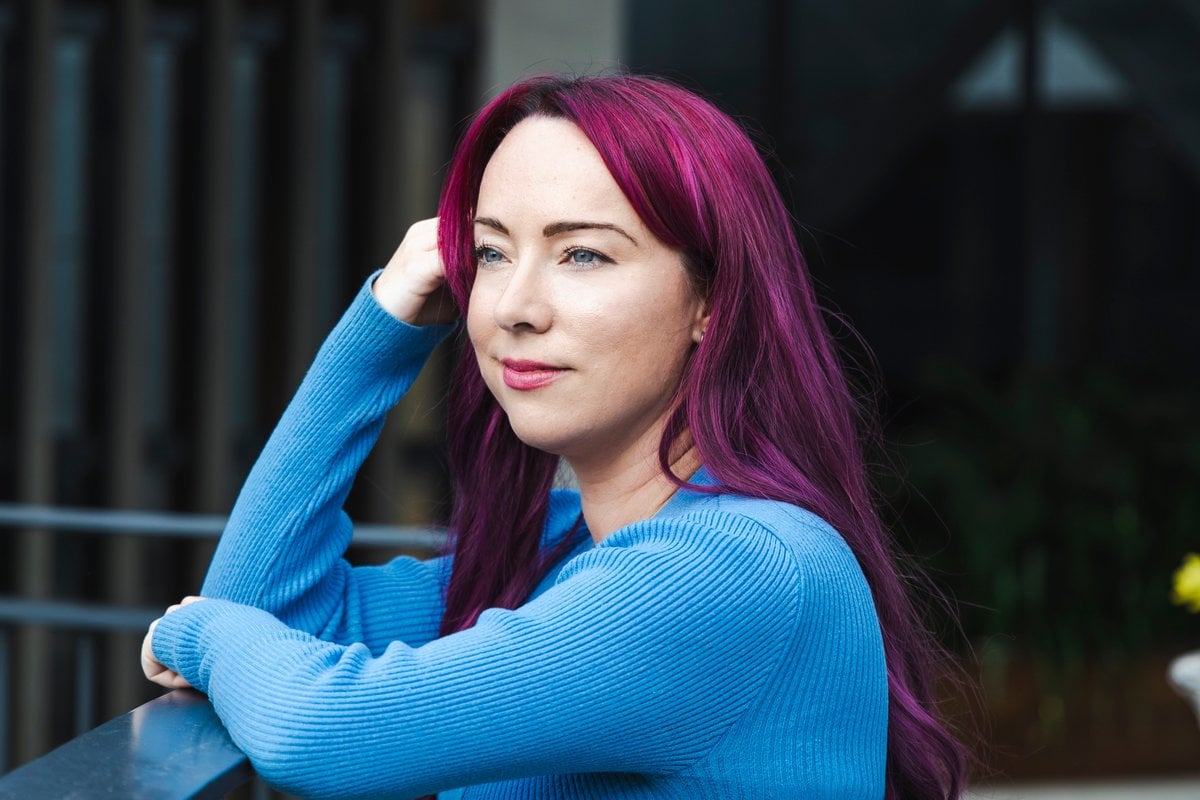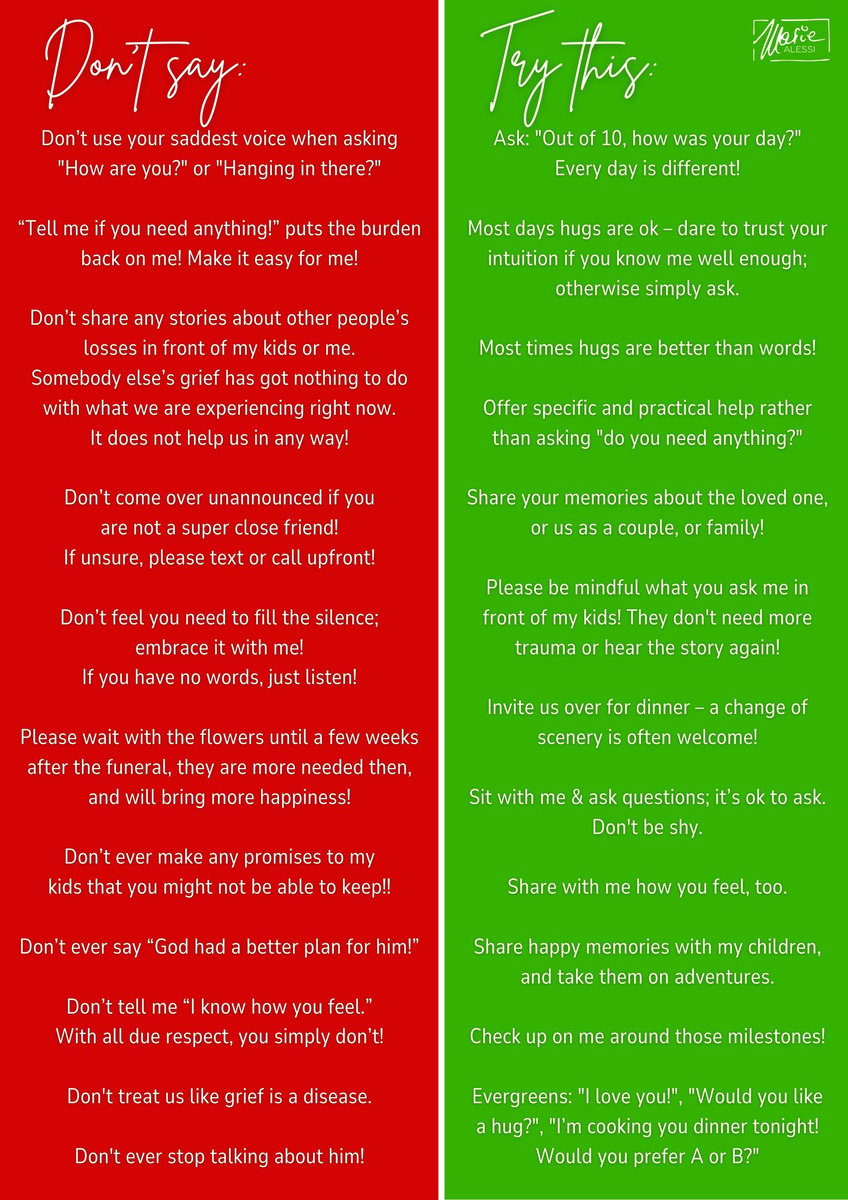
This story mentions emotional abuse and suicide.
I still remember that day. A long lanyard swung from my neck as I stepped into the car – my body swamped in a baggy blue shirt and a pair of flared black pants. It was a Sunday; a regular afternoon spent working in retail.
And yet, as I crossed the threshold from the dimly lit carpark into the backseat of the vehicle waiting for me, everything changed. Because on that day, I found out my dad had just died. "Suicide," said my mother.
"He's gone."
At that moment, I went into shock. Tears spilled across my ugly blue checkered work uniform, and I kept shaking my head in disbelief. This isn't real, I thought. This isn't happening.
But as the hours went by, a new feeling rushed over me.
Relief. Overwhelming relief.
Because after almost 10 years of living in fear – almost a decade of wondering just how far my dad's coercive control, threats, and emotional abuse would go – I knew that my family and I were finally safe.
Watch: What is complicated grief? Post continues after video.






























































































